Academic and Research Skills
Career Development Pathway
Diversity, Equity and Inclusion
Education Pathway
Medical Education
2300 - Making the Most of Peer Mentors within a Diverse Developmental Network: Supporting Scholarship and Academic Advancement
-
EH
Elena Huang, MD (she/her/hers)
Associate Professor
Children's Hospital of Philadelphia
Philadelphia, Pennsylvania, United States -
EH
Elizabeth Hanson, MD, MA (she/her/hers)
Associate Professor
University of Texas Health Science Center School of Medicine at San Antonio
San Antonio, Texas, United States -
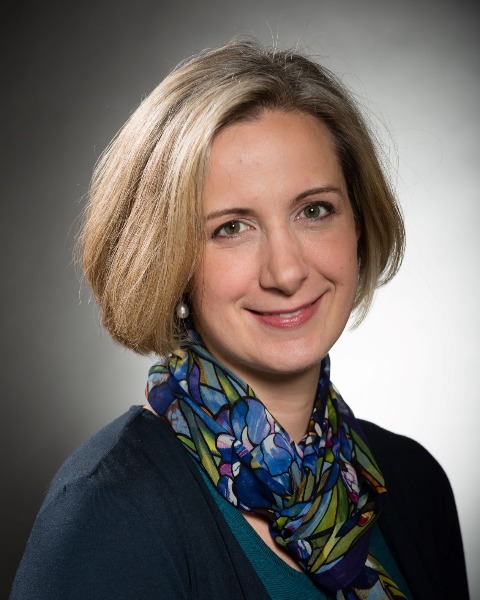
Ingrid Anderson, MD (she/her/hers)
Assistant Professor, Director of Pediatric Simulation
Rainbow Babes & Children's Hospital, Case Western Reserve University
Cleveland Heights, Ohio, United States -
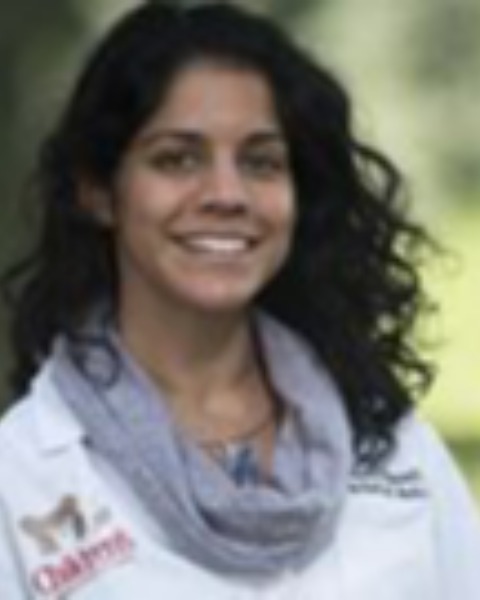
Priti Bhansali, MD, MEd
Associate Professor of Pediatrics
Pediatrics
Children's National Health System
Washington, District of Columbia, United States -
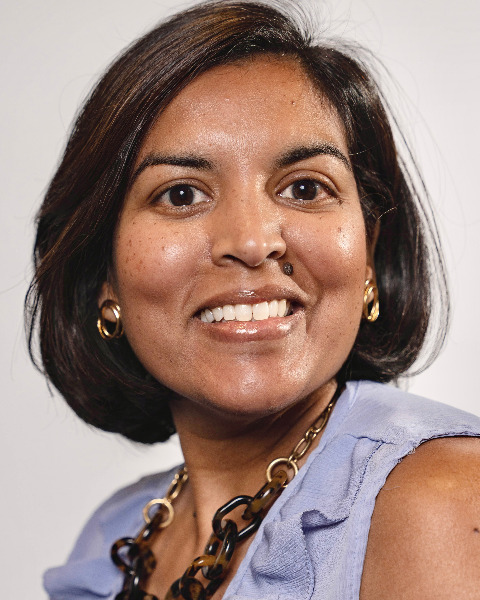
Priya Garg, MD
Associate Dean of Medical Education
Boston University School of Medicine
Boston, Massachusetts, United States -
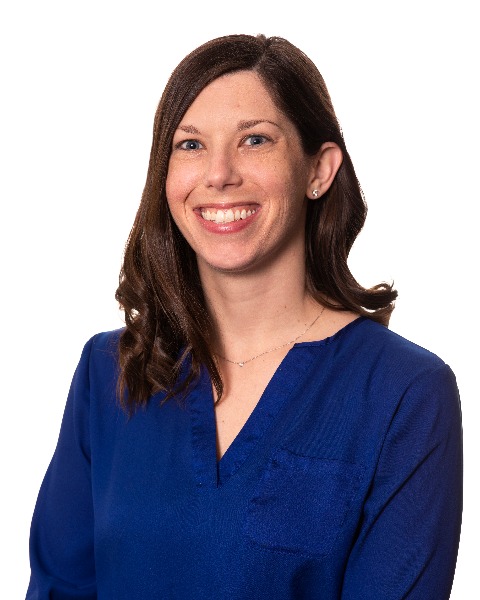
Emily Goodwin, MD (she/her/hers)
Clinical Associate Professor of Pediatrics
General Academic Pediatrics
Children's Mercy Kansas City
Kansas City, Missouri, United States -
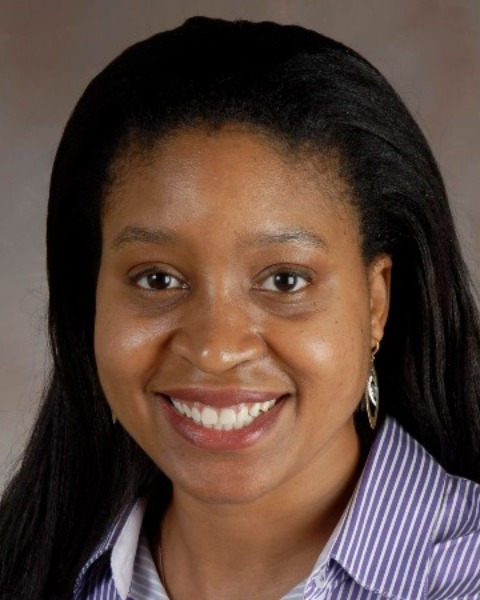
Emma Omoruyi, MD/MPH (she/her/hers)
Associate Professor of Pediatrics
Pediatrics
University of Texas Health Science Center at Houston
Houston, Texas, United States -
TS
Tyler Smith, MD, MPH, FAAP (she/her/hers)
General Academic Pediatrician/Academic General Pediatrics Fellowship Director/Associate Dean of Diversity, Equity, and Inclusion
Pediatrics
Children's Mercy Kansas City and University of Missouri-Kansas City School of Medicine
Kansas City, Missouri, United States -
DD
Donna D'Alessandro, MD
Professor
Pediatrics
University of Iowa
Iowa city, Iowa, United States -
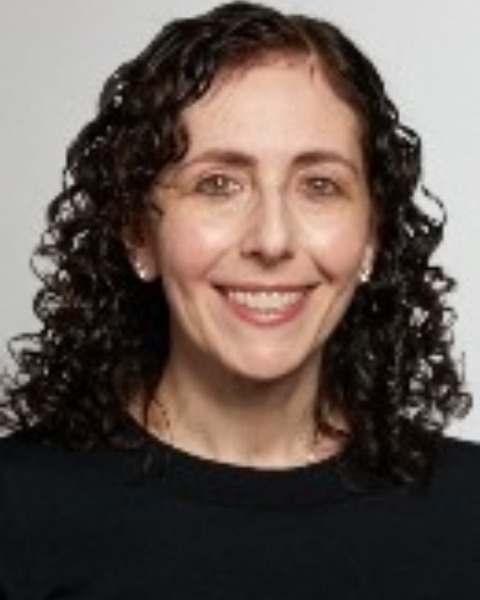
Leora Mogilner, MD (she/her/hers)
Associate Professor
Pediatrics
Icahn School of Medicine at Mount Sinai
New York, New York, United States -
MG
Maryellen Gusic, MD
Senior Associate Dean for Education
Medical Education
Lewis Katz School of Medicine
Philadelphia, Pennsylvania, United States
Leader(s)
Co-Leader(s)
Mentorship provides value to one’s career in terms of satisfaction, progress, and achievement. However, as the workplace has become more complex, the traditional mentorship model has evolved beyond the senior mentor / junior mentee dyad to include multiple mentors that foster a developmental network. A developmental network includes multiple levels, multiple relationships (including peers), draws from within and outside of an organization, and may be reciprocal in nature. Ideally, developmental networks should also include a wide range of individuals with a variety of viewpoints, experiences, and strengths. This diverse network forms the basis of career and psychosocial supports that underpin academic success.
In this interactive workshop, participants will describe developmental network key components and explore how peer mentors can be leveraged to promote scholarship and foster professional advancement. Through a combination of small and large group activities, participants will create a schematic of their own network, identify potential impacts of peer mentoring on an academic career, and brainstorm strategies to engage a diverse range of peer mentors within and outside of their home institution. Participants will also reflect upon the current strengths and growth opportunities in their current developmental networks, including mentorship in resource limited settings. Before the workshop’s conclusion, participants will develop and begin to enact a plan to bolster and diversify their developmental network to optimize support for their scholarship and academic advancement. As the saying goes: “It takes a village!”
